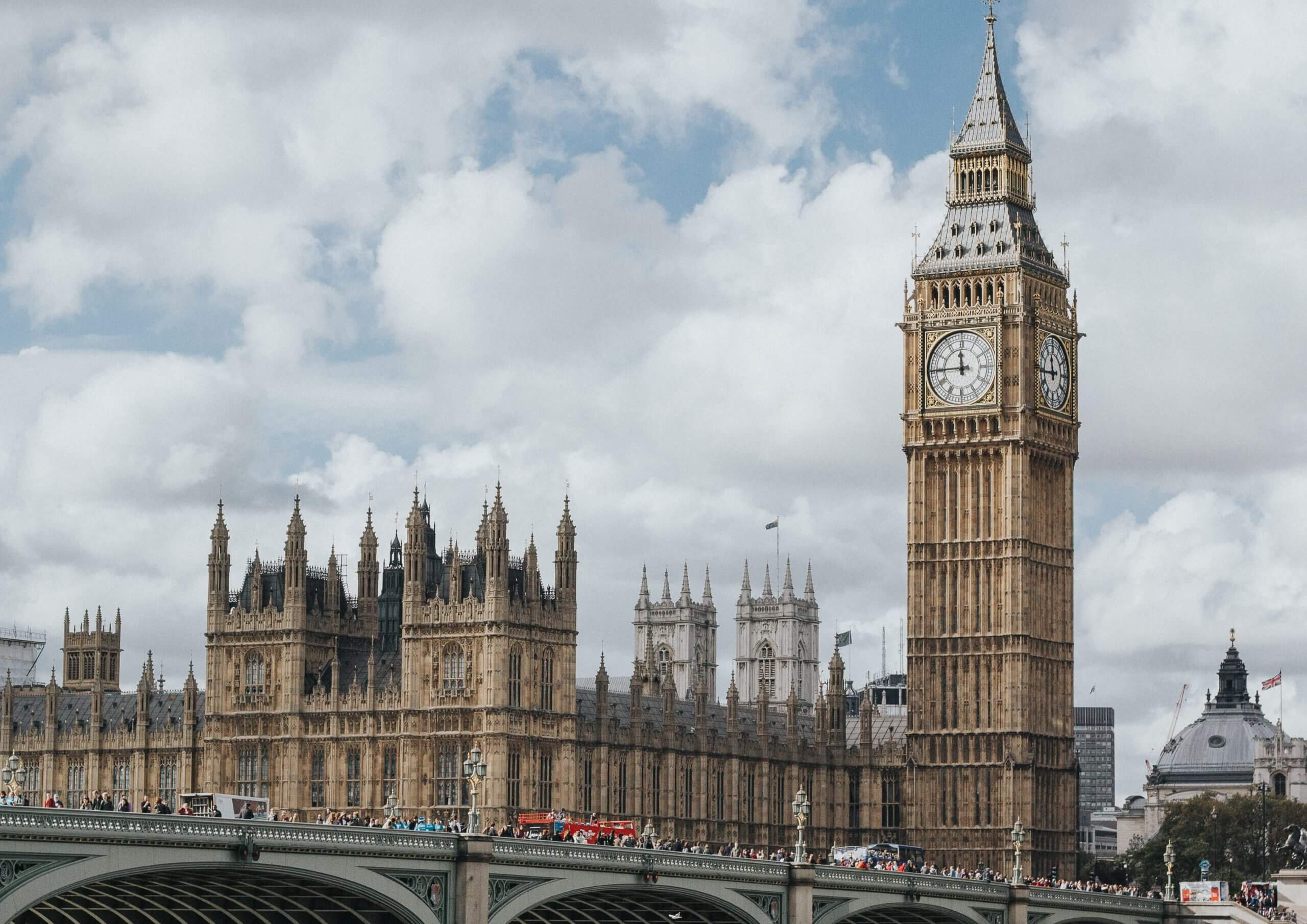
Kate Langston, Senior External Affairs Officer, Money and Mental Health
Event catch-up: presenting our Covid-19 research in Parliament
30 April 2020
During times of national crisis, political scrutiny takes on a new importance, and the current situation with Covid 19 is a prime example of this. Over the last few weeks, the government has unveiled a number of very welcome measures aimed at mitigating the impact of the pandemic, including new sources of financial support for those whose incomes are affected. But when policies are devised and implemented at speed, there is always a risk of blind spots or unforeseen consequences. And too often, the needs of people with mental health problems are one of the things that get overlooked.
That’s why we’ve been working hard to understand the challenges that people struggling with their mental health are facing at this time – particularly when it comes to finances – and what might help. Earlier this month, we published a series of recommendations outlining steps the government can take to address these issues – and on Monday, we were delighted to join a panel of experts from across the mental health sector to present our research to MPs and peers on the All Party Parliamentary Group (APPG) on Mental Health.
Covid-19 and our mental health
The key aim of Monday’s meeting was to help the APPG build a picture of the particular impact the coronavirus outbreak is having on people already struggling with their mental health, as well as on those who are working in the health service. The session was kicked off by Danielle Hamm, Associate Director of Campaigns and Policy at Rethink Mental Illness, who shared the preliminary findings of a recent survey asking people with mental health problems about their experience of the crisis so far. This highlighted a wide range of issues, with many people reporting a relapse or worsening of their mental health problems, at a time when many are also struggling to access mental health services. Many also expressed concern about the negative impact of the outbreak on their physical health, due to changes in diet and exercise routines.
Covid-19 and health workers
Next, the APPG heard from practicing psychiatrist and Dean of the Royal College of Psychiatrists (RCPsych), Dr Kate Lovett, who set out some of the difficulties facing people working in mental health services. This included a number of practical challenges as staff adapt to new ways of delivering services – but she also highlighted the increased emotional strain that many health workers are experiencing, due to anxieties about their own health and the health of their colleagues, as well as concerns about access to personal protective equipment and Covid 19 tests.
She was followed by RCPsych President, Professor Sir Simon Wessley, who spoke about the impact the outbreak is having on the broader NHS workforce. He stressed that while the effect on workers’ mental health had not proven as severe as first feared, it was vital to “do everything we can” to mitigate future harm.
Covid 19 and our finances
Our Head of Research and Policy, Conor D’Arcy, concluded the speeches with a presentation of our research on the financial difficulties people with mental health problems are currently experiencing. This shows that people with mental health problems face a number of particular challenges, such as increased vulnerability to incomes shocks, additional barriers to accessing the benefits system, and difficulties accessing and paying for essential services.
Conor also highlighted some of the quick, practical changes the government can make to help tackle these challenges, including suspending all benefits sanctions for three months, making initial Universal Credit payments as grants rather than loans, and extending Statutory Sick Pay to those on low incomes.
We hope that the APPG and other politicians will explore these issues further over the coming weeks, and look forward to following their progress. In the meantime, we will continue our efforts to ensure the needs of people with mental health problems remain high on the government’s agenda as the country finds its way through this crisis.
